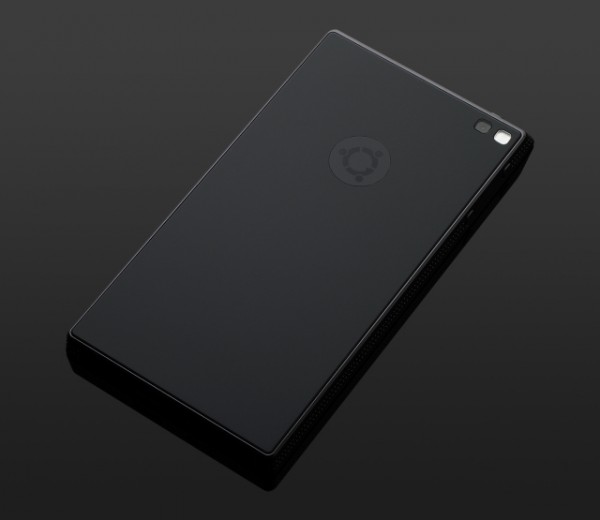Ubuntu Edge smartphone falls far short of its $32 million funding target
 When Canonical launched its crowdfunded Ubuntu Edge campaign on Indiegogo, few people expected it to succeed. Building a "smartphone and desktop PC in one state-of-the-art device" was a noble and ambitious aim, but seeking $32 million to do it meant the project had little chance of victory.
When Canonical launched its crowdfunded Ubuntu Edge campaign on Indiegogo, few people expected it to succeed. Building a "smartphone and desktop PC in one state-of-the-art device" was a noble and ambitious aim, but seeking $32 million to do it meant the project had little chance of victory.
Before Ubuntu Edge, the most funding a single project had raised on Indiegogo was $1,665,380, for a Tricorder-style medical scanner. Rival Kickstarter’s record was $10,266,845 for the Pebble smartwatch. Ubuntu Edge did manage to eclipse both, which was an impressive achievement in itself.
By the end of the campaign, which came to a conclusion at 11:59pm PT yesterday, Ubuntu Edge had raised $12,809,906, including a sizeable $80,000 contribution from Bloomberg. It was a crowdfunding record, but far short of the figure required to turn the project into reality.
As it was an all or nothing target, Canonical will now need to begin the process of returning the money to contributors.
Following the end of the campaign Canonical founder Mark Shuttleworth posted the following on Ubuntu Edge’s Indiegogo page:
So ends a crazy month. We’ve broken records, we’ve been written and talked about across the world, we’ve worn out our F5 keys, and we’ve learned a lot of invaluable lessons about crowdfunding. Our bold campaign to build a visionary new device ultimately fell short, but we can take away so many positives.
We raised $12,809,906, making the Edge the world’s biggest ever fixed crowdfunding campaign. Let’s not lose sight of what an achievement that is. Close to 20,000 people believed in our vision enough to contribute hundreds of dollars for a phone months in advance, just to help make it happen. It wasn’t just individuals, either: Bloomberg LP gave $80,000 and several smaller businesses contributed $7,000 each. Thank you all for getting behind us.
Then there’s the Ubuntu community. Many of you gave your time as well as money, organizing your own mailing lists, social media strategies and online ads, and successfully reaching out to your local media. We even saw entire sites created to gather information and help promote the Edge.
We’ll be contacting our biggest referrers personally.
Most importantly, the big winner from this campaign is Ubuntu. While we passionately wanted to build the Edge to showcase Ubuntu on phones, the support and attention it received will still be a huge boost as other Ubuntu phones start to arrive in 2014. Thousands of you clearly want to own an Ubuntu phone and believe in our vision of convergence, and rest assured you won’t have much longer to wait.
All of the support and publicity has continued to drive our discussions with some major manufacturers, and we have many of the world’s biggest mobile networks already signed up to the Ubuntu Carrier Advisory Group. They’ll have been watching this global discussion of Ubuntu and the need for innovation very closely indeed. Watch this space!
As for crowdfunding, we believe it’s a great way to give consumers a voice and to push for more innovation and transparency in the mobile industry. And who knows, perhaps one day we’ll take everything we’ve learned from this campaign -- achievements and mistakes -- and try it all over again.
This clearly isn’t the end for the Ubuntu Edge. By setting the target so high, Canonical all but guaranteed the campaign would fail, but in the process the London-based developer managed to achieve what I think was probably its real aim all along -- to get publicity, to show demand and get partners interested. The Indiegogo campaign might have been unsuccessful, but it’s what happens from now that really matters.